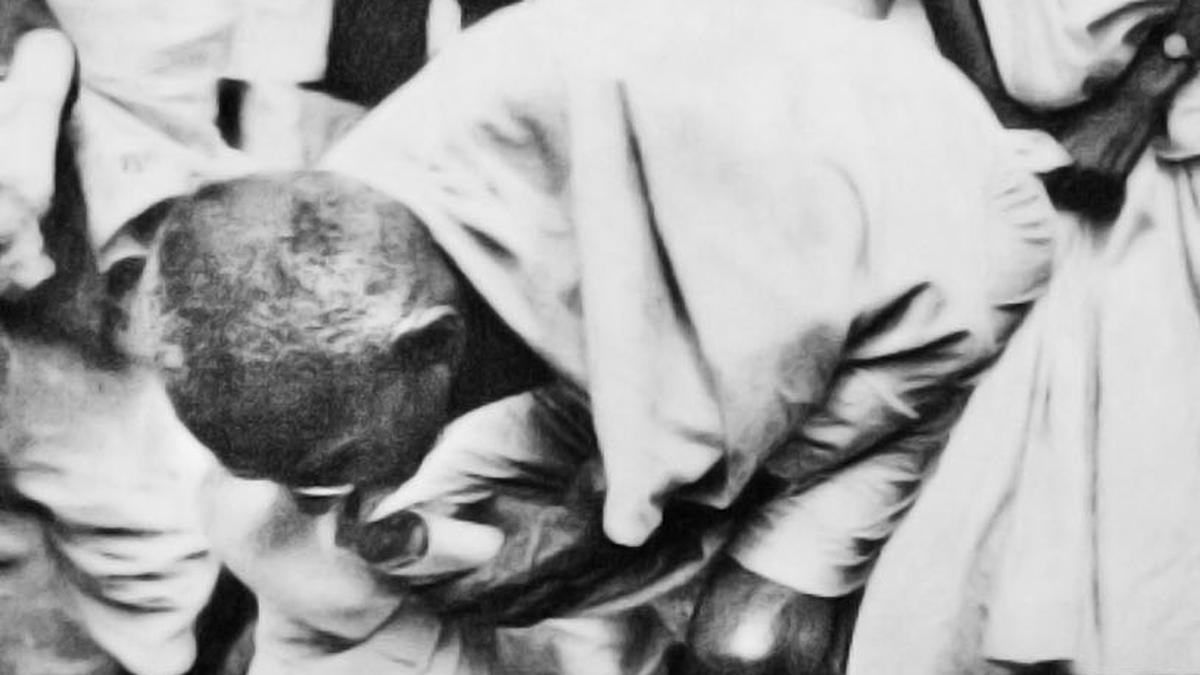This as-told-to essay is based on a conversation with Young Chang, the CEO of A-Sha Foods. It’s been edited for length and clarity.
On paper, it made no sense to leave my well-paid corporate career — which spanned from Disney to Warner Bros. — to run a noodle brand. But trading studio lots for soy sauce has been the best move I’ve ever made.
By 34, I was a senior director at Warner Bros. Life was easy: great pay, a 401(k), total control of my schedule.
I’d already done stints across the Southern California media world — Disney, Sony, Warner Music — translating tech jargon for business teams and even setting up webcams for C-suites. Then, my former brother-in-law in Taiwan kept asking me to help bring A-Sha, a noodle company he’d invested in, to the US.
He’s the reason I jumped. One day, he asked me, “What is the chance that you will ever become CEO of Warner Bros.? Here, you’d become CEO from day one.” My corporate mentor told me the same thing: “You’ve got to go.”
My parents — 30-year IBM vets — said, “Don’t do it.”
I did it anyway.
Running your own business quickly takes over your life. I jokingly call myself the noodle king, and my staff makes fun of me for it, but it’s true — there’s rarely a moment I’m not thinking about the business. If you can’t live with that level of commitment, then don’t do it, but for me, it feels like the chances as a founder are endless if you’re prepared to take them.
I’ve always felt lucky, and now looking back, I can see how earlier experiences prepared me for where I am now.
From line cook to Big Four consultant
My first job was as a line cook at Swensen’s ice cream parlor when I was a teenager. Friday night rushes were chaos; I’d go home and tell my mom I didn’t want to go back. After a month or two, I learned to line up my tickets, start the fries, and block out the noise. That taught me how to stay calm under pressure — something I still use every day.
At 18, my parents helped me get an internship at IBM reviewing programs that validate software functionality, called test scripts. When broadband hit the dorms at UC Irvine, I became obsessed with Cisco, emailed them constantly, and landed a summer internship. That same persistence has become key to my success at every level since.
Then, the 2001 bubble burst. Cisco froze hiring, and I realized I wasn’t great at coding — I literally walked out of a Microsoft interview when they said, “Write the code.” I joined PwC as a consultant that year.
As a tech consultant, you get very close to your clients. I kept getting poached from my consulting roles since my clients wanted me in-house, so I bounced around a bunch of huge companies and spent the next dozen years working at the Burbank entertainment studios.
I had enough technical knowledge to talk to engineers, but my real value was translating it to business needs — movie legal clearances, production timelines, governance, negotiations. I wore a suit and tie when no one else did because that’s what the clients did. A Warner Bros. SVP kept asking for me, I think because I looked the part.
That’s when I first realized that opportunities are always there if you know how to grab them.
While still at Warner Bros., I helped A-Sha on the side for six months. The product, chewy ramen noodles, was really good and unique. Even my mentor, the SVP who’d liked my suit, said, “Go.” My brother-in-law kept pushing, and I finally took the leap — even though my parents weren’t thrilled.
We’re not from “entrepreneurial blood,” but I felt young enough that if it didn’t work, I could go back.
My leap of faith paid off
Our approach to scaling in the US has been like an immigrant story: You keep your identity but meet the market halfway.
People in the States may not know A-Sha noodles as a household name, but they know Hello Kitty. So, when a licensing opportunity tied to the Tokyo Olympics landed in our laps in 2020, I said yes even though I knew nothing about royalties or minimum guarantees. COVID extended the one-year deal into two, and by the end of our first contract, we were one of their top food licensees.
That was another lesson: The opportunities will show up, but you still have to be ready.
COVID is also when our business took off. We had tried for years to get into Costco, but in the early days of the pandemic, everyone was stockpiling ramen packets. That was our in.
Once we got approved, Costco said they’d need 20 containers of product by the next month. At that point, we were still a three-containers-a-year company, but my business partner had always told me to find a way into the deal, and he’d be ready on the product side to fulfill orders.
We ramped to 20 containers a month, then 40, and peaked at 60 a month for about 18 months. We never shut down a day.
That preparation changed everything. I don’t think we’re smarter than anyone else. We’re just prepared. We want to know the answer before the question is asked.
Over the years, I’ve learned that the hardest part isn’t the endless hours; it’s the responsibility. We have more than 30 staff in the US and 100 in Taiwan. People rely on me to make the right move.
Thankfully, that pressure doesn’t bother me — Swensen’s trained me to handle it.





